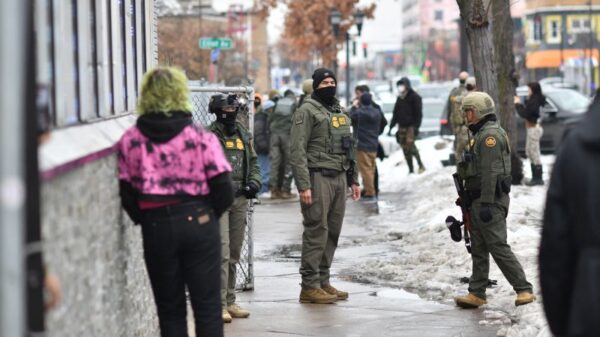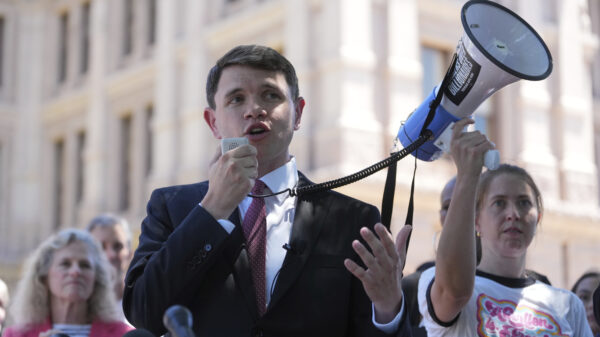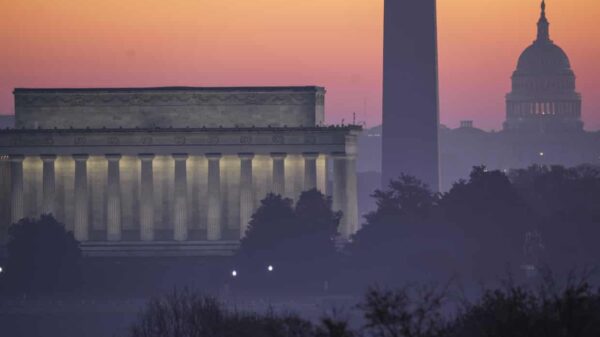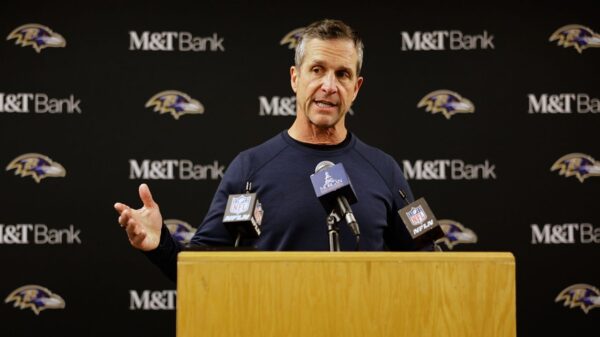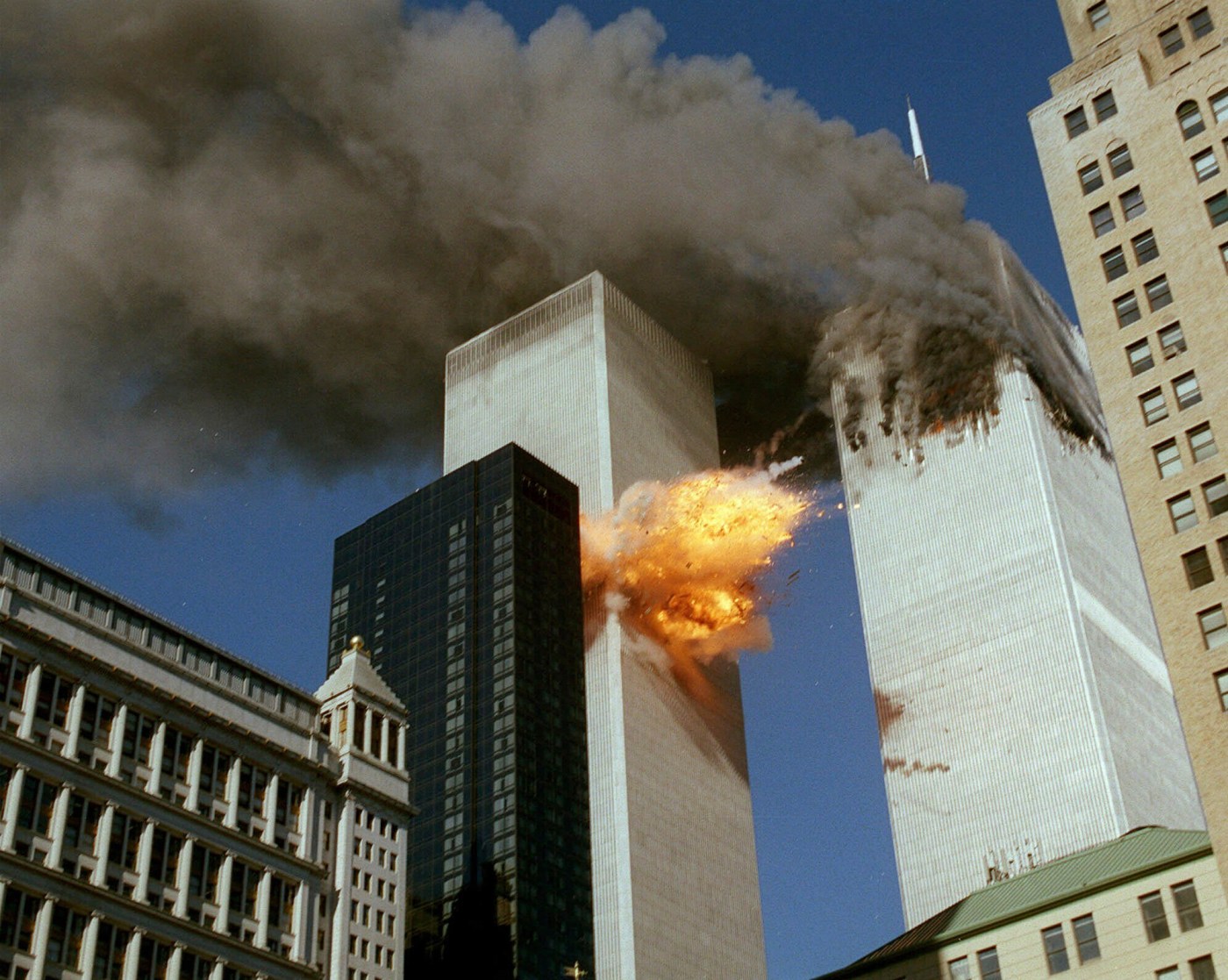On September 11, 2001, a series of coordinated terrorist attacks transformed the United States and the world. Nineteen extremists, linked to the terrorist group Al Qaeda, hijacked four commercial airplanes, deliberately crashing them into the World Trade Center in New York City and the Pentagon in Washington, D.C. The tragic events resulted in the loss of 2,997 lives, marking a pivotal moment in history that continues to influence global politics and societal norms.
The immediate aftermath of the attacks left a profound impact on communities and families. Survivors and victims’ relatives experienced intense grief, as parents, children, and friends mourned their lost loved ones. The destruction inflicted upon the nation’s largest city and the capital created a sense of vulnerability and fear, leading many to question their safety.
National Response and Long-Lasting Effects
In response to the tragedy, the U.S. government undertook significant measures aimed at preventing future attacks. This included the restructuring of local, state, and federal agencies to enhance national security. The terror attacks led to a heightened focus on combating radical jihadism, prompting military actions in Afghanistan, where 2,465 U.S. servicemen and women lost their lives during the nearly two-decade-long conflict. The U.S. also engaged in military operations in Iraq, where 4,586 American personnel were killed, despite the war’s tenuous connection to the original terrorist threat.
As the nation grappled with these challenges, first responders and volunteers worked tirelessly at Ground Zero. Firefighters, police officers, and other rescuers faced immense dangers as they searched for survivors among the debris. Many of these heroes later succumbed to health issues linked to their exposure to hazardous materials at the site. The battle for recognition and compensation for their sacrifices continues to this day, reflecting the ongoing struggle for justice and support for those affected.
The Legacy of September 11
The legacy of September 11 is commemorated through various memorials and museums, which honor the victims and tell their stories. These sites serve as reminders of the resilience of the human spirit and the importance of remembrance. The National September 11 Memorial and Museum in New York City stands as a poignant tribute, inviting visitors to reflect on the events and their lasting implications.
Two decades later, the implications of that fateful day still resonate. The threat of terrorism has evolved, with groups like ISIS emerging to challenge global stability. The United States remains vigilant, aware that the struggle against extremism is far from over.
As the nation remembers the events of September 11, 2001, it is crucial to reflect on the lives lost and the ongoing fight for security and peace. The pain of that day remains as fresh as ever, reminding us that history is not merely a record of dates and events, but a continuous thread woven into the fabric of our society.









